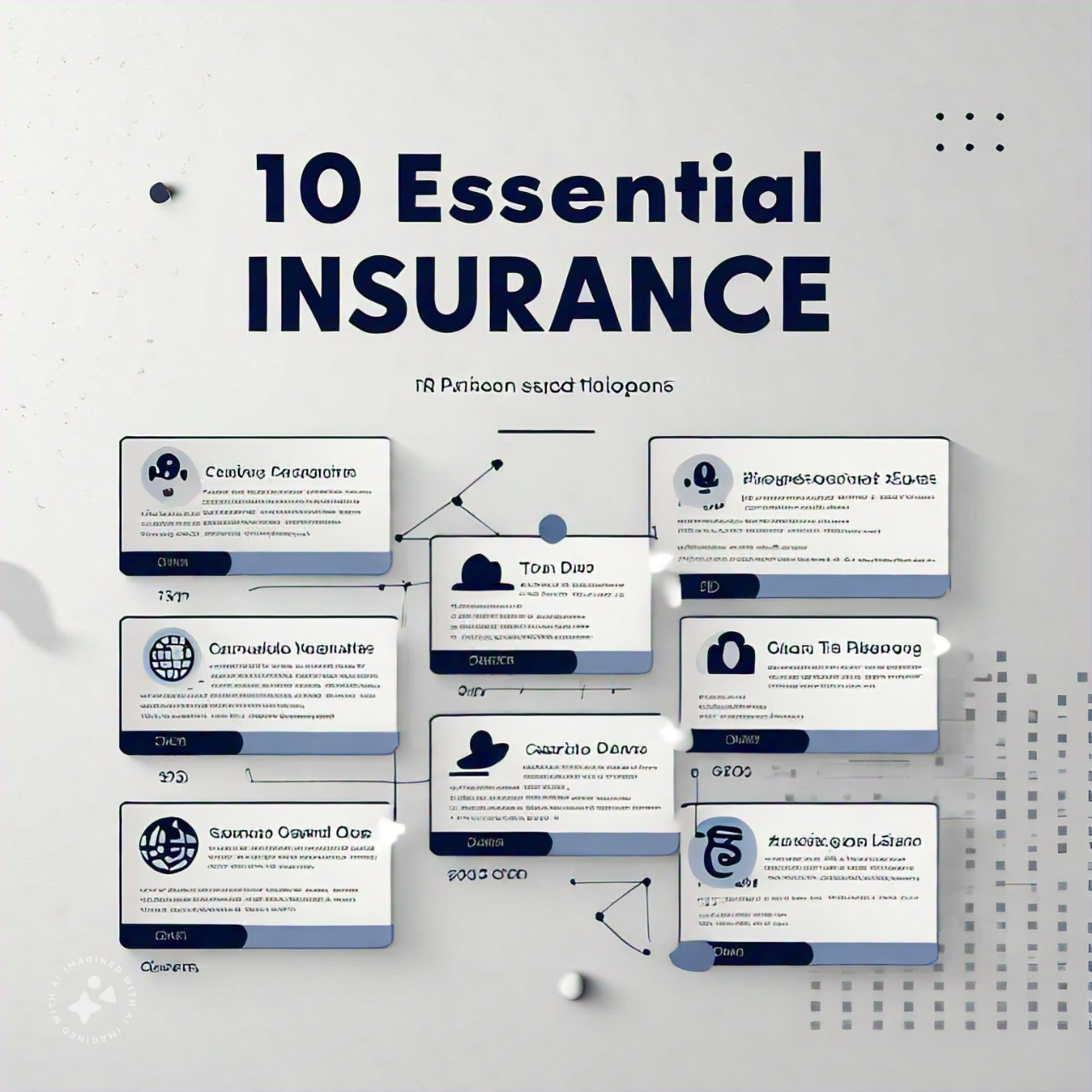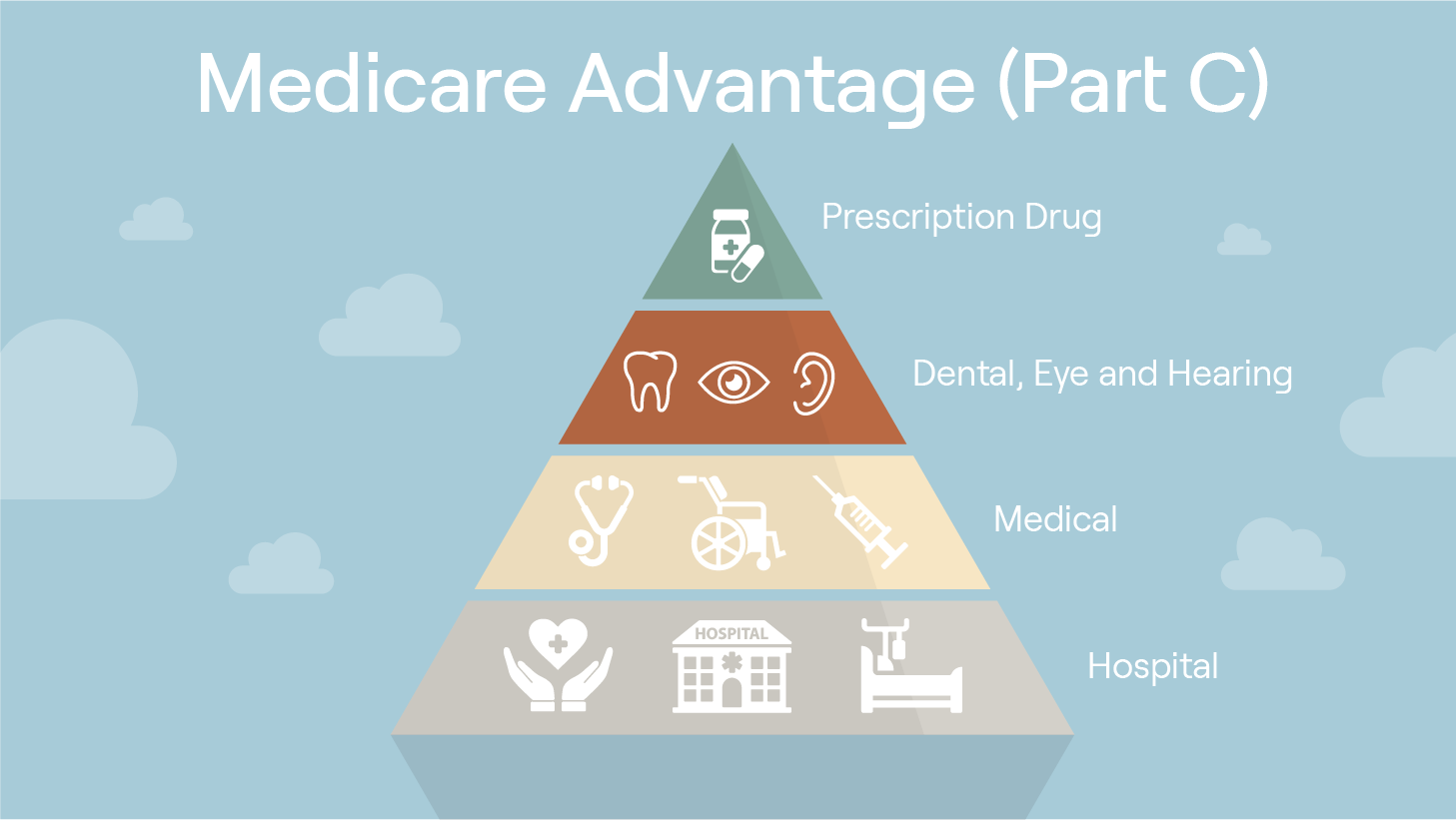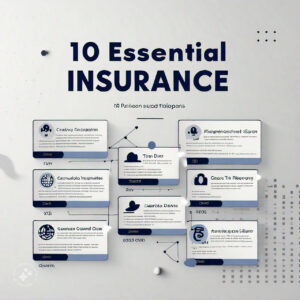Why Not to Buy an Indexed Universal Life Insurance (IUL)?
Life insurance is an important consideration for anyone who wants to ensure financial security for their loved ones. Indexed universal life insurance (IUL) is a type of life insurance that has gained popularity in recent years due to its potential for higher returns compared to traditional universal life insurance. However, it is not always the best choice for everyone. In this article, we will explore the reasons why you may want to think twice before purchasing an IUL.
Introduction
- Definition of IUL
- Why it gained popularity
High Cost
- IUL has high premiums and fees compared to other types of life insurance.
- IUL charges for mortality and expense risk charges (M&E), administration fees, and other charges, which can eat into the returns of the policy.
- The cost structure of IUL makes it difficult to predict returns over time.
Complexity and Lack of Transparency
- IUL can be complex to understand and difficult to compare to other types of life insurance.
- The interest rates of IUL are tied to stock market performance, which can be difficult to predict and understand.
- IUL policies have caps and floors that limit the maximum and minimum returns, respectively.
- The complex features of IUL can make it difficult to determine the true value of the policy.
Risks of Underperformance
- IUL returns are not guaranteed and are dependent on the performance of the underlying indexes.
- The participation rate and cap rate of IUL policies can limit the returns even when the market is performing well.
- The risk of underperformance can result in lower returns than expected, and may not be sufficient to cover the cost of the premiums.
Opportunity Cost
- The high cost of IUL premiums and fees can limit the ability to invest in other financial products.
- IUL returns may not be as competitive as other investment products over the long term, such as mutual funds or exchange-traded funds (ETFs).
- The lack of liquidity of IUL policies may limit the ability to access funds for other financial goals.
Misaligned Incentives
- Insurance agents and brokers may receive higher commissions for selling IUL policies compared to other types of life insurance.
- The potential for higher commissions may incentivize agents to recommend IUL policies even when it may not be the best choice for the client.
- The complex features of IUL policies can make it difficult for consumers to fully understand the policy and potential risks.
Conclusion
Indexed universal life insurance can be a good choice for some individuals, particularly those who are comfortable with risk and have a long-term investment horizon. However, it is not always the best choice for everyone. The high cost, complexity, lack of transparency, risk of underperformance, opportunity cost, and potential for misaligned incentives are all factors to consider before purchasing an IUL policy.
FAQs
- Is an IUL a good investment?
- IUL can be a good investment for some individuals, particularly those who have a long-term investment horizon and are comfortable with risk. However, it is not always the best choice for everyone. The high cost, complexity, and risk of underperformance are all factors to consider before purchasing an IUL policy.
- What is the difference between IUL and traditional life insurance?
- IUL is a type of universal life insurance that is tied to the performance of underlying indexes, while traditional life insurance provides a fixed death benefit and a guaranteed rate of return. IUL policies can have higher potential returns but also come with higher costs and risks.
- Can I cash out my IUL policy?
- IUL policies may have surrender charges and other fees that can make it expensive to cash out the policy early. In addition, cashing out the policy may result in a lower amount than expected due to the risk of underperformance and fees associated with the policy.
- What are the alternatives to IUL?
- Traditional life insurance policies can provide a fixed death benefit and a guaranteed rate of return without the complexity and risks associated with IUL.
- Mutual funds or exchange-traded funds (ETFs) can provide higher returns over the long term, but also come with higher risks and volatility.
- Working with a financial advisor can help identify the best investment options based on individual goals and risk tolerance.
- Should I buy an IUL?
- The decision to purchase an IUL policy should be based on individual circumstances, financial goals, and risk tolerance. It is important to understand the high cost, complexity, and risks associated with IUL before making a decision. Consulting with a financial advisor can provide additional guidance on the best option for your specific needs.
- What is the Average Return on an IUL?
- What are the Warning Signs of a Problematic Annuity?
- The Drawbacks of an Annuity
- How does an Indexed Universal Life policy compare to an annuity?
- “Understanding Indexed Universal Life Insurance: Risks, Rewards, and Financial Planning”
Benefits of Medicare Advantage for Veterans
Veterans and Medicare Advantage plans represent a crucial intersection of health- care services designed to enhance the medical coverage available…
10 Essential Insurance Tips to Protect Your Future
1. Assess your insurance needs based on income, assets, and dependencies. 2. Understand policy types: life, health, auto, home, and…
ACA 2025 Open Enrollment
The ACA 2025 Open Enrollment Period represents a pivotal opportunity for individuals and families to obtain health insurance coverage under…
Medicare Annual Enrollment Period 2025
The Medicare Annual Enrollment Period (AEP) for 2025 is a critical time for beneficiaries to review and adjust their Medicare coverage, running…
Medicare Advantage and the Nearing Annual Election Period
Medicare Advantage and the Nearing Annual Election Period Introduction Navigating Medicare can feel like trying to read a map written in a…
Understanding Medicare Advantage Plans
Understanding Medicare Advantage Plans Medicare Advantage plans have become a popular alternative for people who want more flexibility and comprehensive coverage…













